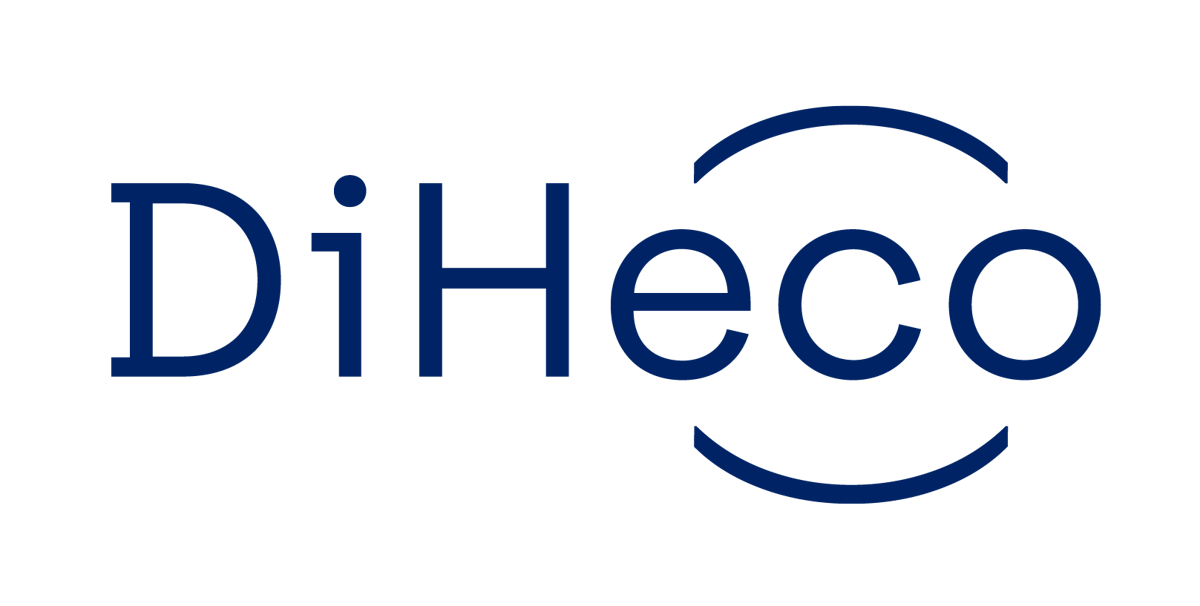Understanding Digital Healthcare Management: Transforming Health Through Technology
In today's rapidly evolving world, digital healthcare management stands at the forefront of revolutionizing how we approach health and wellness. By integrating advanced technologies into the healthcare system, digital healthcare management aims to improve patient outcomes, enhance efficiency, and provide more personalized care. But what exactly does this mean, and how does it impact our daily lives? Let's delve into the fascinating world of digital healthcare management and its contributions to society.
What is Digital Healthcare Management?
Digital healthcare management refers to the use of digital technologies to manage and improve healthcare services. This encompasses a wide range of tools and applications, including electronic health records (EHRs), telemedicine, mobile health apps, wearable devices, and artificial intelligence (AI). These technologies work together to streamline healthcare processes, facilitate communication between patients and providers, and enable more precise and timely medical interventions.
The Key Components of Digital Healthcare Management
Electronic Health Records (EHRs): EHRs are digital versions of patients' paper charts. They provide real-time, patient-centered records that make information available instantly and securely to authorized users. EHRs enhance the ability to diagnose diseases and reduce medical errors, thereby improving patient outcomes.
Telemedicine: Telemedicine uses digital communication tools, such as video calls and messaging, to provide remote clinical services. This is particularly beneficial for patients in rural or underserved areas, allowing them access to medical expertise without the need for travel. During the COVID-19 pandemic, telemedicine became a critical tool for maintaining healthcare services while minimizing exposure risks.
Mobile Health Apps: Mobile health apps offer a range of services, from monitoring chronic diseases to providing mental health support. These apps empower patients to take control of their health by providing easy access to medical information, reminders for medication, and the ability to track vital signs and symptoms.
Wearable Devices: Wearable devices like fitness trackers and smartwatches collect data on physical activity, heart rate, sleep patterns, and more. This data can be shared with healthcare providers to monitor patients' health in real-time and make informed decisions about treatment plans.
Artificial Intelligence (AI): AI and machine learning algorithms analyze vast amounts of data to identify patterns and predict health outcomes. AI can assist in diagnosing diseases, personalizing treatment plans, and even predicting outbreaks of diseases based on data trends.
How Digital Healthcare Management Benefits Society
Improved Patient Outcomes: By providing accurate and timely information, digital healthcare management allows for early detection of diseases and more effective treatment plans. Patients receive better care tailored to their individual needs, leading to improved health outcomes.
Increased Efficiency: Digital tools streamline administrative tasks, reduce paperwork, and minimize errors. This allows healthcare providers to focus more on patient care rather than administrative duties, enhancing the overall efficiency of the healthcare system.
Enhanced Access to Care: Telemedicine and mobile health apps break down geographical barriers, making healthcare accessible to people in remote and underserved areas. This ensures that more individuals receive the care they need, regardless of their location.
Empowered Patients: With access to digital health tools, patients are more informed about their health conditions and treatment options. This empowerment leads to better health management, adherence to treatment plans, and a proactive approach to wellness.
Cost Reduction: By improving efficiency and preventing hospital readmissions through better disease management, digital healthcare management can significantly reduce healthcare costs. Preventive care and early intervention mean fewer resources are spent on treating advanced diseases.
Real-Life Examples of Digital Healthcare Management
Remote Patient Monitoring: Patients with chronic conditions like diabetes or heart disease can use wearable devices to monitor their health at home. Data from these devices is sent to their healthcare providers, who can adjust treatment plans as needed without requiring an office visit.
Telepsychiatry: Mental health services are made more accessible through telepsychiatry, where patients can receive counseling and therapy via video calls. This is particularly beneficial for those living in areas with a shortage of mental health professionals.
AI in Radiology: AI algorithms analyze medical images to detect abnormalities such as tumors or fractures. These tools assist radiologists in making faster and more accurate diagnoses, leading to timely treatment.
The Future of Digital Healthcare Management
The future of digital healthcare management is bright and filled with potential. Emerging technologies like blockchain for secure health data sharing, advanced AI for predictive analytics, and the integration of the Internet of Things (IoT) in healthcare are set to further transform the industry. As these technologies continue to evolve, they promise to make healthcare more personalized, efficient, and accessible than ever before.
